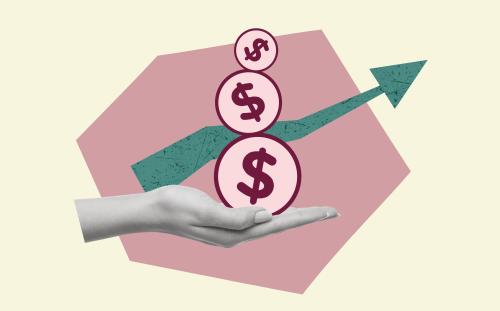Once again famine threatens the lives of North Koreans. But this time, the United States — the world’s single largest humanitarian donor — hesitates to respond.
Timing, however, is critical. No one questions reports of impending starvation. The United Nations has long been warning of serious food shortages and the acute malnourishment of children and other vulnerable groups. Five American relief groups, including World Vision, Mercy Corps and Samaritan’s Purse, have just visited and recommend emergency food aid, most importantly no later than June. In some areas North Koreans are already consuming seeds and wild grasses. Government food rations are not enough for the five million said to be in need of international food assistance.
One reason the United States, long North Korea’s largest known food donor (China’s contributions are not made public), has not yet decided to step in with the more than 300,000 tons of food aid actually requested, is that it must be assured that food aid is not diverted or misused.
Private American relief organizations, however, with long experience in North Korea, say that they have now developed the kind of sophisticated tracking systems needed to ensure that food aid reaches hungry North Koreans. Two years ago American relief groups reportedly delivered more than 55,000 tons of food to some 900,000 vulnerable North Koreans consistent with American negotiated monitoring standards. They report they had unprecedented levels of access, including advance assessment trips, Korean speakers on the ground for eight months, and 1,600 monitoring visits, some at 24-hour notice, to oversee food distributions from ports to warehouses to households. If diversions take place, the United States could suspend the distributions, as it did in 2008. Or it could donate goods such as protein biscuits and corn-soy blends, which are far more likely to reach the needy.
Some oppose food aid for the most vulnerable out of fear it would still strengthen the regime by freeing up North Korean resources for other purposes. This argument presumes that without American aid, the North Korean government would devote its resources to the needs of its people. The record hardly bears that out. North Korea’s “military first” policy makes clear that its priority is not its people. China’s unconditional food aid is apparently directed mostly to the elite and army; other food for conscripts is taken from farmers and their emergency stocks. Holding back food aid merely compounds North Korea’s neglect of its people. At bottom, the problem is the failure of the North Korean system.
And then there are those who oppose food aid in the belief that the collapse of the North Korean regime may be near. Kim Jong-Il’s failing health, the succession of his vastly inexperienced son, and the loosening of internal controls are said to be leading to the end of the regime, a process the United States could help along by not donating food. The premise is questionable. China seems ready to keep the North Korean regime afloat with food and other aid and, more recently, increasing investment. In any case, withholding food aid from starving people to help engineer collapse is hardly a policy the United States wants to endorse.
Most of all, it is Pyongyang’s nuclear program and deadly provocations against the South that explain America’s reluctance to help. For years the United States gave hundreds of millions of dollars in food and fuel aid as part of agreements on nuclear issues and to reinforce efforts to reach further agreements. But now there are no agreements, not even talks. North/South relations have become even worse because of the sinking of a South Korean ship and the bombardment of one of its islands. South Korea has cut off its own aid programs and wants the United States to follow suit. The American government has worked hard to be in lockstep with South Korea, but it should not extend that to changing its deeply held values. United States policy should be guided by its own traditions embodied in the doctrine enunciated by Ronald Reagan that hunger knows no politics. This policy served to justify food aid to starving Ethiopians under the thumb of a brutal communist and stridently anti-American regime. At the time, the same arguments against aid for North Korea were put forward, but the humanitarian imperative prevailed and it contributed to the eventual overthrow of Mengistu’s government.
Some believe that resuming food aid to North Korea could bring positive results. As one former Bush administration official recently warned Senators, the failure to engage with North Korea virtually assures that provocations will continue. Bringing in food aid could help open doors, reinforce people to people connections and lead to political talks. “Bags of rice floating around North Korea with the American flag…cannot be bad.” As in the past, it could constitute “a path back to the larger diplomacy.” Whether or not this will ensue, the United States will not go wrong trusting in its long standing humanitarian principles.
The Brookings Institution is committed to quality, independence, and impact.
We are supported by a diverse array of funders. In line with our values and policies, each Brookings publication represents the sole views of its author(s).



Commentary
Kim Jong Il and the Hunger Problem
March 16, 2011